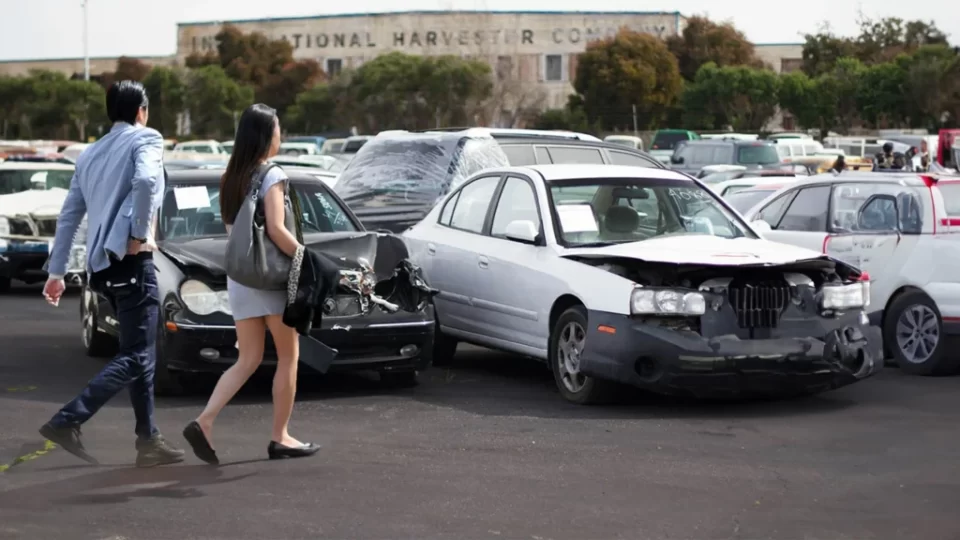Whether your goal is to buy one for parts or repair a car for personal use, auction sales of salvage vehicles might be a great place to find a bargain. If you carelessly, though, it may also be a dangerous endeavour. Many purchasers make expensive errors from inexperience or lack of information. Knowing the typical mistakes and how to prevent them will enable you to save money, make wiser judgments, and finally identify the finest offer. You can find a range of Copart salvage cars, from lightly damaged to severely wrecked, at competitive prices. These are the main blunders to stay clear of purchasing auction salvaged vehicles.
1. Failing to Inspect the Vehicle Thoroughly
Ignoring a thorough inspection of the car before bidding is one of the most common errors buyers do. Usually sold “as-is,” salvage vehicles have no warranties or guarantees. Examining the engine, frame, and suspension of the car is absolutely vital. Look at possible hidden problems that can be expensive to fix, not only at the outward harm. Bring a mechanic if at all feasible to evaluate the state of the vehicle. A careful look will enable you to avoid purchasing a car with significant, invisible flaws.
2. Ignorant of Repair Costs
Many purchasers undervalue the expense of fixing a salvage car. Although the original purchase price may be inexpensive, the costs of restoring a car can soon mount up, particularly if it has major structural or mechanical issues. Always investigate the particular model you are considering to project common issue repair expenses. See experts to find out whether restoring the car is feasible and if your time and money would be well spent. Clear knowledge of repair costs will help you avoid spending too much for a salvage car.
3. Neglecting the Vehicle’s Background
The past of a salvage car is quite important. Ignorance of whether the car has had several collisions or past significant damage might result in expensive errors. Services like Carfax or AutoCheck let you get vehicle histories. These records will include specifics on the car’s past owners, accident record, and insurance company determination of whether it is a total loss. By means of a comprehensive history check, you can prevent buying a car with latent problems compromising its value or safety.
If you avoid typical errors, purchasing a salvage car from an auction can be a satisfying event. Your chances of making a wise and profitable purchase will rise if you carefully review the automobile, know repair costs, verify its history, follow a budget, and be aware of the title situation. Copart salvage cars are an excellent option for individuals or businesses interested in repairing and reselling vehicles.

